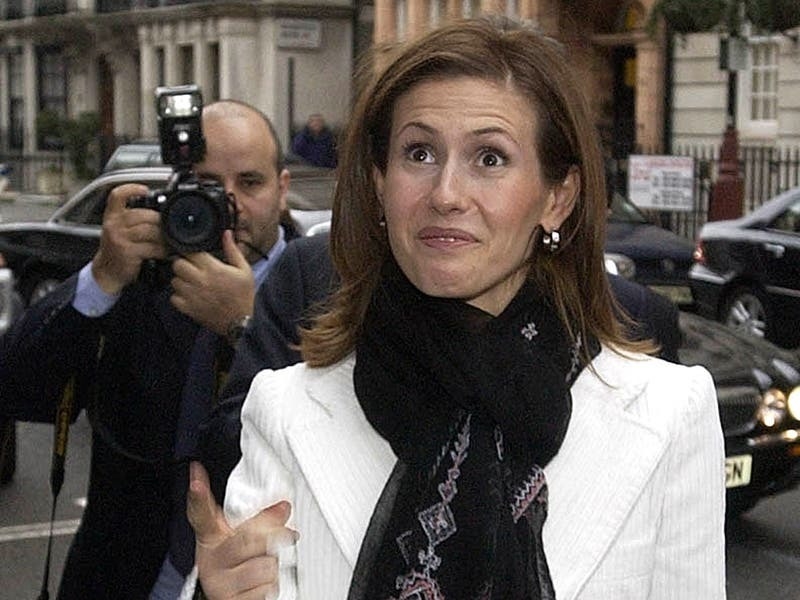TOO little management is “a significant barrier” to turning around the Health and Community Services Department, its interim chief officer, Chris Bown, has concluded in a review of his department’s leadership and management capacity.
Mr Bown, who took up a 12-month contract in April, says that reaching the “standard of the best in healthcare providers” will take a number of years and require additional management resources.
“This report concludes that the department is not over-managed in terms of the numbers,” Mr Bown states, observing that the 45 management staff who account for 1.7% of the department’s workforce compare with a 9.5% ratio in the UK workforce.
Mr Bown acknowledges a public perception that managers “are largely irrelevant for the delivery of healthcare” and that spending money on managers is viewed as “wasteful”, but says that their management capacity is “currently less than you would expect to see in the delivery of a major healthcare transformation programme”.
“This has been identified by the HCS Change Team as a significant barrier to making progress,” he adds.
In January this year Mr Bown was among a team of independent experts appointed by Health Minister Karen Wilson to join a change team introduced to address a range of challenges identified in the report by Professor Hugo Mascie-Taylor published in August 2022. He became interim chief officer following the resignation of Caroline Landon in March.
While emphasising a commitment to identifying management/administration cost savings as part of the department’s financial recovery plan, Mr Bown nonetheless expresses concern that too few resources are currently being devoted to management.
“In my time as chief officer, I have met with clinical staff who believe that the department has too many managers but also many who are looking for more management support. The truth is that we need the capacity and capability to deliver what the Government of Jersey requires of its health services,” he writes.
He also notes that the absence of dedicated management in areas like finance, HR and digital services – functions provided centrally by corporate services – is regarded as a shortcoming.
“The chief officer, turnaround team and senior leadership team consider this a weakness for the department and are of the view that consideration should be given to changing this arrangement,” he writes. Mr Bown’s analysis shows that the department has five executive directors, including a part-time medical director, 17 general management roles and 23 specialist managers.
The cost of these non-clinical leadership/management roles is 2% of the total HCS budget, some £5,113,000 of the total budget of £255,560,000, equating to an average package of £113,622 for the 45 staff. Last year, the total cost for HCS salaries was £ 169,429,000.






